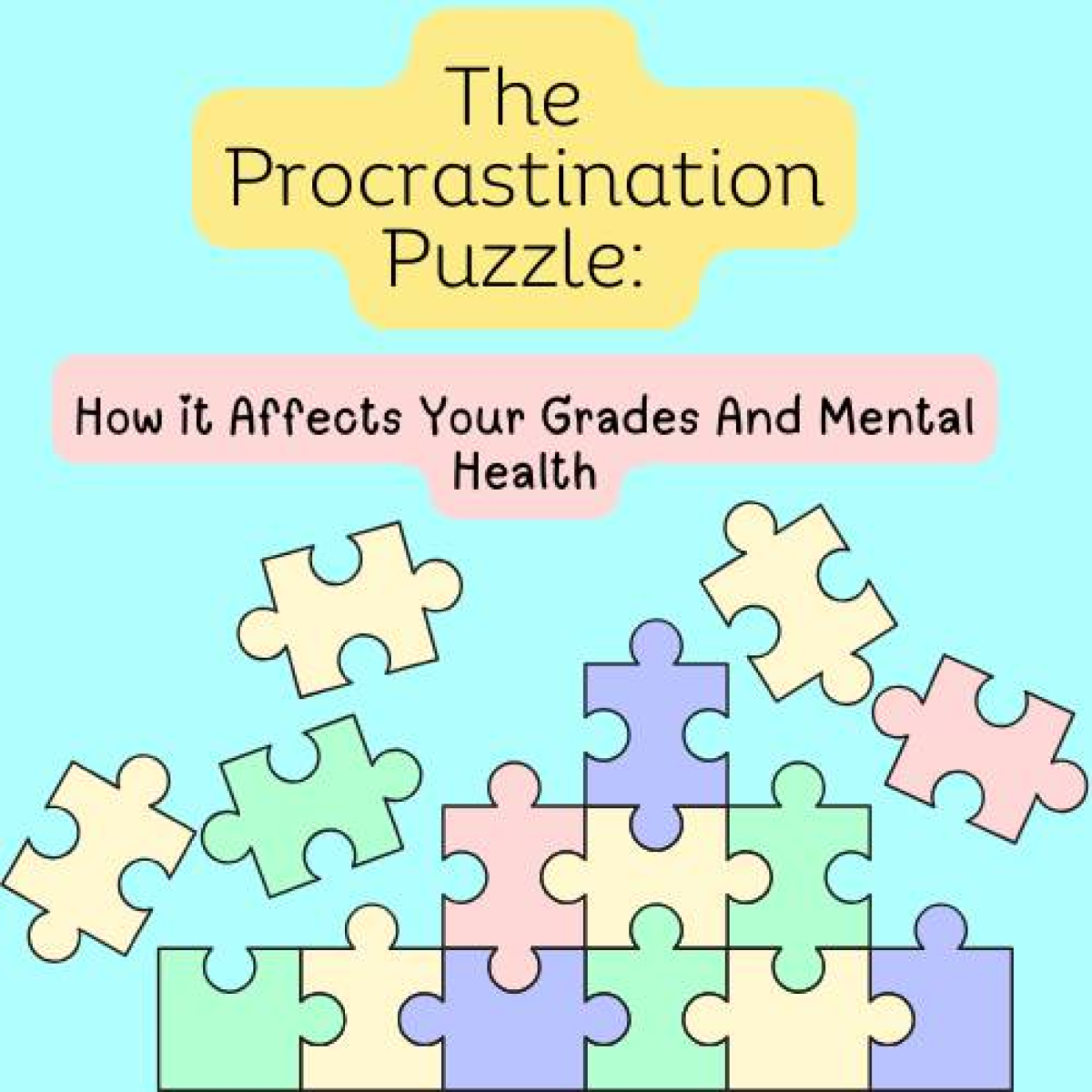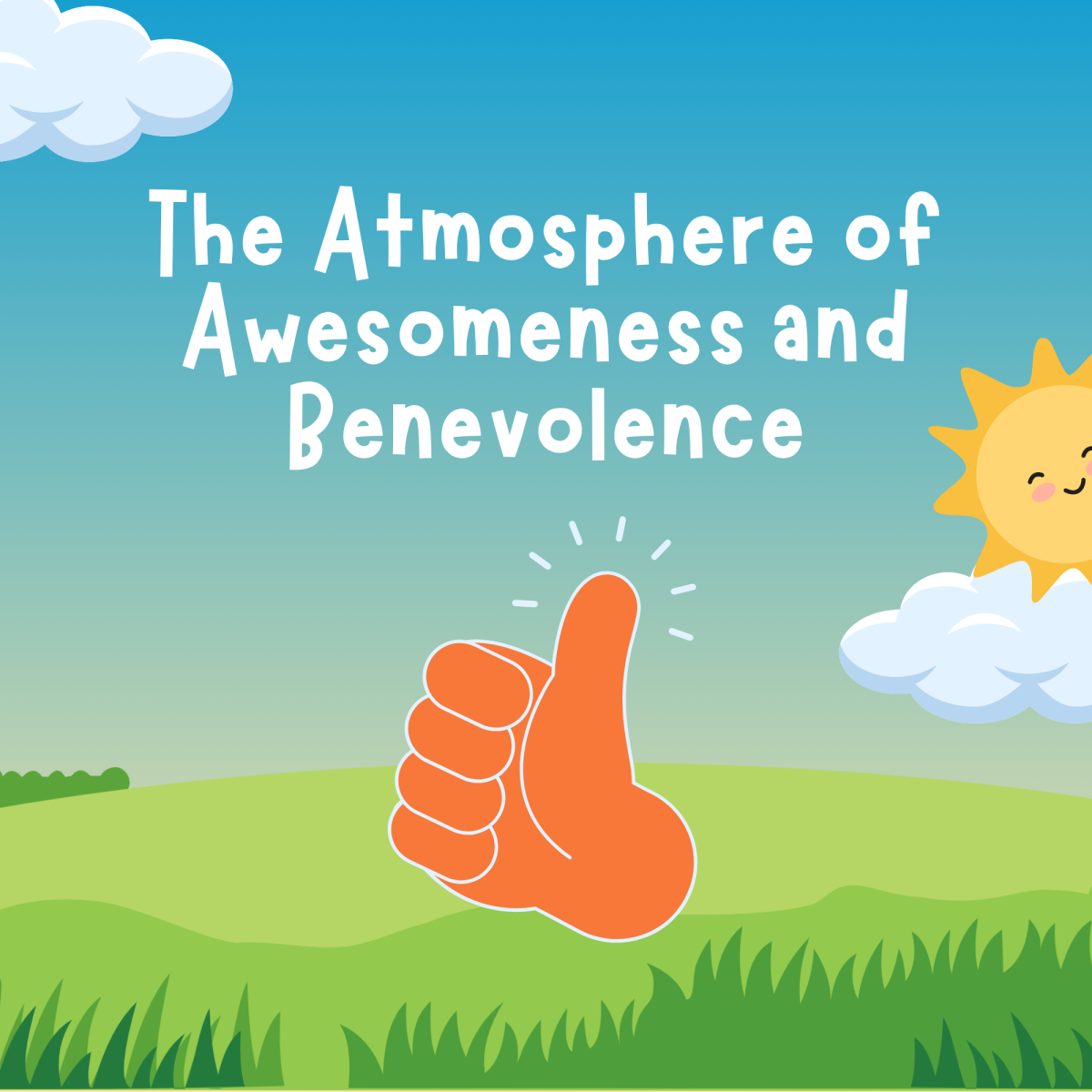Have you ever been in a situation where you maybe overestimated free time? Or you were just too tired? Then, all of a sudden, you look over at the clock and realize that– ‘Oh no! My assignment is due soon!’ But, you haven’t even started yet?
Whether you were playing video games, watching TV, or maybe even reading an article like this one, I’m sure we’ve all experienced this problem before.
Luckily for you, when you’re done reading this article, I’m sure you’ll be getting to all of those missing assignments. You may be wondering why, or how? Well, today, we’ll be answering all of those questions! So, let’s dive in.
What is Procrastination?
Procrastination is when you delay or put off tasks that need to be done. It may feel like just a little break at first, but don’t be fooled- as it often leads to stress and worry, especially as you watch each due date edge closer. According to an article by ‘Steel, P. ‘(2007).’ (2.) much research estimates that around 70% of students procrastinate with their assignments. But, why do we procrastinate? Are we just lazy, or is there more to this mystery than meets the eye?
Why Do We Procrastinate?
According to articles by others on the subject, such as ‘Svartdal, F., Granmo, S., & Færevaag, F. S. (2018)’ (4.), and ‘Badri Gargari R, Sabouri H, Norzad F.(2011)’(3.) Here are some possible reasons as to why you keep putting off those assignments.
Fear of Failure; Some students may be afraid they won’t do well, or that they won’t be able to understand an assignment. Therefore, they end up pushing back starting the task to avoid seeing themselves fail.
Lack of Interest; If a subject is too boring, or feels irrelevant, it’s easier for you to put it off. When you attempt to do it, you start to think about all the other more interesting things you could be doing rather than this. This leads you to forget about it all together, until you get back to it at the last second.
Overwhelm; When a task seems too hard or complicated, a student might try to avoid looking at it, or delay starting it as they try to figure out the solution to the problem. This is never a good way to deal with problems like this. It is always okay to ask for help from a teacher or peer when you’re having trouble understanding something.
The Impact Procrastination Has on Grades
Procrastination can have serious effects on students’ academic performances. When you rush to do assignments after putting them off until the last minute, the quality of the executed product can often suffer. A study conducted on college students found that students who procrastinate tend to have lower marks compared to those who manage their time well. This can create a cycle where stress results in even more procrastination as they try to avoid seeing even more poor grades. (‘Tice & Baumeister, 1997’) (1.)
What About My Mental Health?
Contrary to common stereotypical beliefs, procrastination doesn’t only affect student grades.
It can also have an impact on your mental health. In the same study by ‘Tice & Baumeister, 1997’ (1.) conducted for student grades, researchers also reported that students who procrastinated often had poorer mental health.
But, there was one notable thing about these results that was interesting. They also found that, during the school year, procrastinators’ stress and anxiety levels were lower earlier in the semester, but gradually got worse as they progressed through the year.
Special interviews
Now that we’ve gone through the results of reports conducted on procrastination, how do we know that it’ll have the same effects on us? After all, we aren’t the same as those college students now. Well, this is why I’ve interviewed 3 students from our very own school! IUniversity prep!
I asked our fellow classmates a few questions, and these were their answers.
‘How often do you find yourself procrastinating on assignments?’
Surprisingly, our students stated that they don’t actually do it that often. Mazzy Burns from the 6th grade shared, “Not too often. I try to set a goal and schedule for myself, which keeps me motivated.” Similarly, a second student from the 6th grade stated, “I don’t do it that often.” Witleigh Oliver, who is also indeed from the 6th grade added, “I mostly start my assignments right after class.” It was unexpected, but we asked a few more questions regarding the subject to get a more detailed insight from all of them.
‘Do you notice a difference in the quality of assignments you procrastinated on compared to those you didn’t?’
When it comes to quality, a majority of the students definitely noted a difference. Mazzy explained, “When I procrastinate, I usually rush through and get some questions wrong, but when I don’t, I generally do better.” Witleigh emphasized the importance of timing: “If I start right away, the information is fresh in my mind. If I wait too long, I find myself going back over my reading.”
‘Have you noticed any changes in your mood, anxiety, or stress levels when you’re procrastinating?’
All of the students also recognized that procrastination often affected their stress levels. Mazzy noted, “When I procrastinate, I feel stressed and a bit crabby. When I finish on time, I feel proud.” Our second student mentioned feeling stressed when seeing multiple unstarted projects, while Witleigh said she would sometimes experience anxiety with longer assignments.
‘Do you have any solutions to procrastinating things until the last minute?’
To prevent procrastination, Mazzy sets specific goals to motivate herself. Our second student suggested using timers to manage study time, mentioning, “With some people, that works, like me.” Witleigh prefers to tackle assignments early on, explaining, “I don’t really like seeing late assignments that I have.But after a long class I take a break and then I start on my assignment”
How to Overcome Procrastination
The good news about these types of problems is that there’s almost always going to be a solution. So, based on personal experience, and data collected from our interviews, let’s see what could help you start those assignments sooner.
Setting Small Goals: Break tasks into smaller, more manageable parts. Then when you complete each of these parts, make sure to take breaks in between. It’ll make it easier for you to finish without getting overwhelmed.
Create a Schedule: As many of our own students said before, creating a schedule is also a great way to manage your time. Write down and organize what you need to do for the day on a piece of paper or in your device, it’ll make it far easier to manage your time so that you don’t leave things overdue.
Limit Distractions: Take time out of your day to find a more quiet environment where you won’t be bothered by distractions like other people, entertaining shows or video games. If you listen to music while studying, as long as it doesn’t interfere with your ability to focus, it can also be a great way to relax and stay in the zone.
Reward Yourself: Just like setting small goals, rewarding yourself when you complete assignments helps you stay motivated to start and complete more faster- while also making sure you don’t get too overwhelmed when you try to push yourself to do more.
Conclusion
Here at iUPrep we have a lot of time to start and complete our projects, but procrastination can still be a problem for our students. All people, whether they are students or adults, experience it, and that’s totally fine! Remember that it’s always okay to ask for help when you truly need it. However, now that you’re finished with this article, you might not need to ask for help any longer.
Sources
(1.)
Tice, D. M., & Baumeister, R. F. (1997). Longitudinal study of procrastination, performance, stress, and health: The costs and benefits of dawdling.
https://psycnet.apa.org/record/1997-43695-008
(2.)
Steel, P. (2007). The nature of procrastination: A meta-analytic and theoretical review of quantitative studies on procrastination. Psychological Bulletin
(3.)
Badri Gargari R, Sabouri H, Norzad F. Academic procrastination: The relationship between causal attribution styles and behavioral postponement. Iran J Psychiatry Behav
https://www.ncbi.nlm.nih.gov/pmc/articles/PMC3939975/
(4.)
Svartdal, F., Granmo, S., & Færevaag, F. S. (2018) . On the behavioral side of procrastination: Exploring behavioral delay in real-life settings

















Avika Taneja • Oct 25, 2024 at 4:29 pm
This is a very helpful article! I enjoyed reading it!
Avika Taneja • Oct 25, 2024 at 4:26 pm
Great job, Elizabeth!